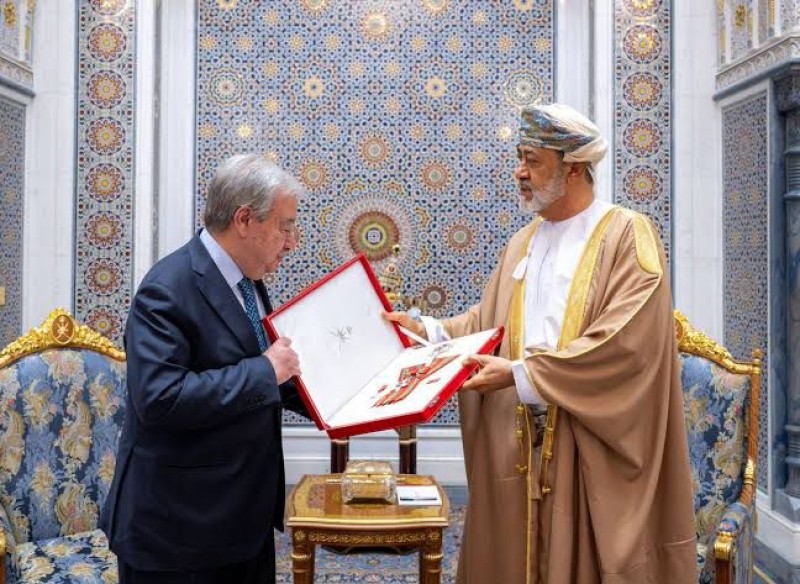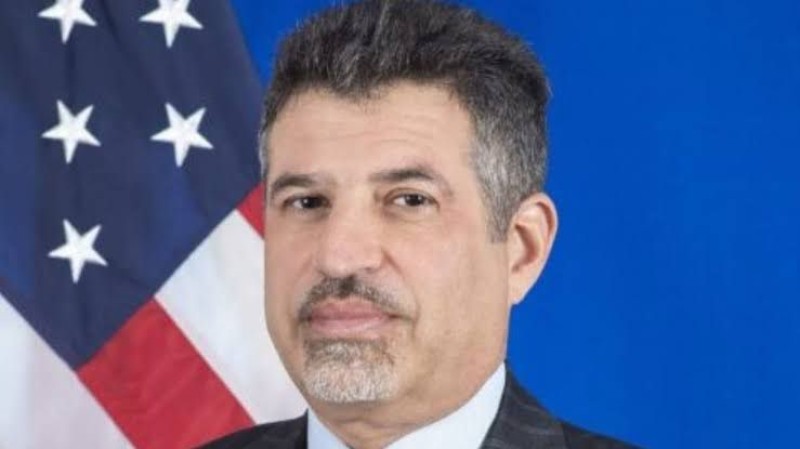Aid agencies running out of money in Yemen – UN Relief Chief


Aid agencies are running out of money to fund humanitarian efforts in Yemen and are expected to use up their resources by the end of March, the United Nation’s Relief Chief said on Tuesday.
The UN estimates that delivering all the life-saving and protection programmes will cost more than 4 billion dollars.
UN Relief Chief, Mark Lowcock, told the UN Security Council that funding was quickly becoming the biggest challenge facing the aid operation, the biggest humanitarian relief operation in the world.
Yemen’s currency has been losing value again, as the effects of an injection of foreign exchange from Saudi Arabia in late 2018 wear off.
The price of food is rising as a result, exacerbating the humanitarian crisis, Lowcock said.
The operational challenges in getting aid to those who need it are “daunting,’’ but manageable, unlike funding-related challenges, Lowcock said.
“Without adequate resources, the aid operation will grind to a halt at a time when more people need more help than ever,’’ Lowcock said.
UN Secretary-General Antonio Guterres will convene a pledging conference in Geneva on Feb. 26.
Yemen, one of the Arab world’s poorest countries, has been in the grips of a devastating power struggle between the Saudi-backed government and the Iran-linked rebels since late 2014.
Some 10 million people are one step away from famine and starvation, according to the UN.
The conflict has led to displacement, food insecurity and outbreaks of cholera and diphtheria across the country, as well as damage to the healthcare and education infrastructure.
AFP.

Muscat – The Office of the UN Special Envoy to Yemen said Monday that UN Secretary-General António Guterres discussed the overall situ…

Riyadh — U.S. Ambassador to Yemen, Steven Fagin, on Monday underscored Washington’s commitment to the unity of the Presidential Leaders…

Abyan — The Southern Transitional Council (STC) in Yemen announced on Monday the launch of wide-scale military operations in Abyan province,…